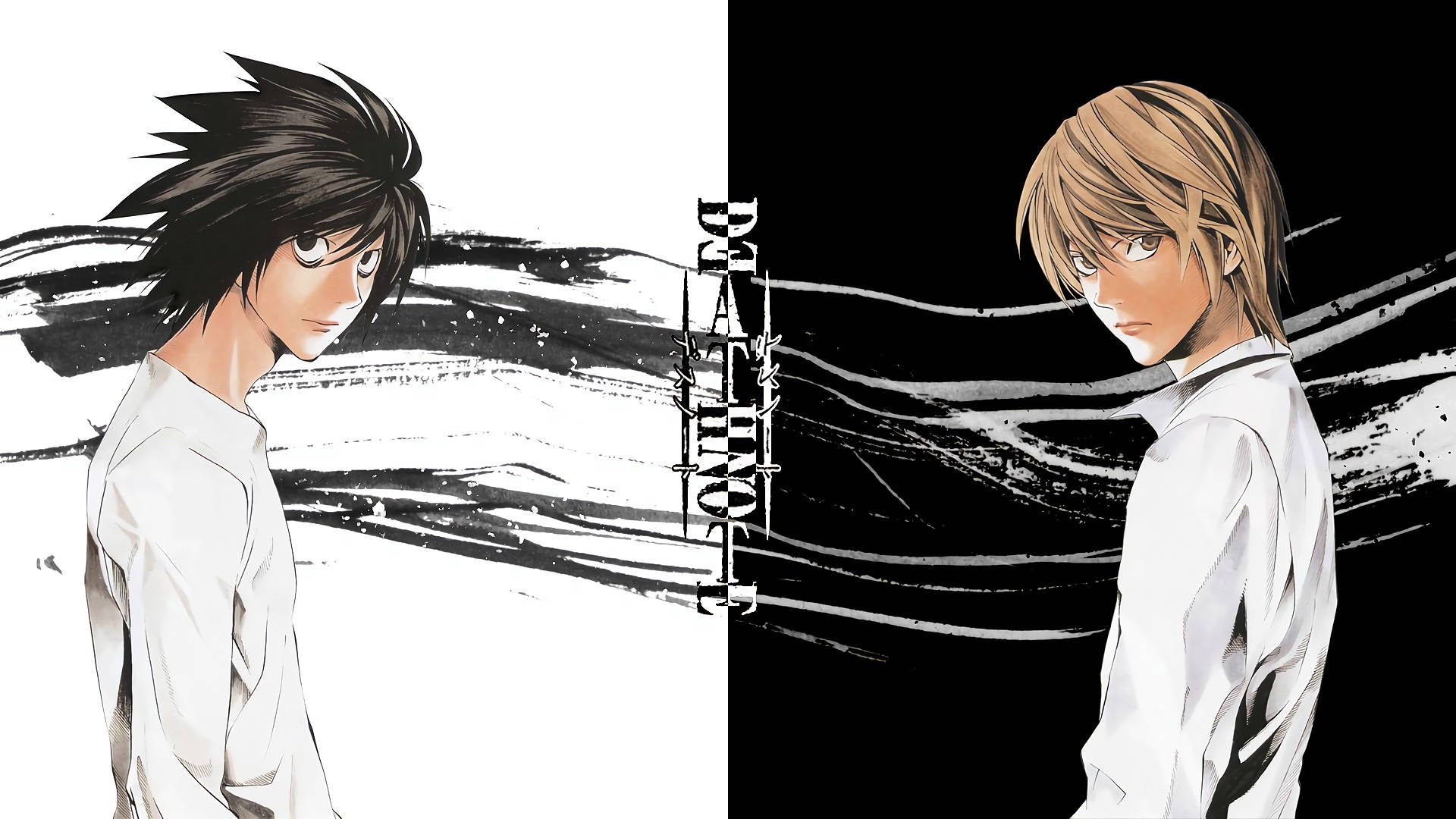What if a high school honor student got the power to kill anyone… just by writing their name?
Welcome to Death Note—a sharp, stylish psychological thriller where justice and ego go head-to-head, and the only thing scarier than the supernatural is a straight-A student with too much time on his hands.
The Premise: Morality Meets Murder
The story kicks off when Light Yagami, a brilliant (and bored) student, discovers a mysterious notebook—the Death Note. Write someone’s name in it, and they die. Cue existential crisis… or not. Light jumps straight to vigilante justice, adopting the alias Kira and deciding to wipe out all criminals. You know, classic teen hobbies.
But things escalate fast. Very fast.
The Rivalry: Light vs. L
Enter L, a reclusive detective with genius IQ, horrible posture, and a sweet tooth that could bankrupt Willy Wonka. He’s the anti-Light—awkward, principled, and the only one smart enough to suspect Light from the jump.
Their mental chess match is the core of the series, full of bluffing, deduction, and just the right amount of anime-style hair-flipping.
The Style: Death Never Looked This Cool
Let’s talk aesthetics. Dramatic music swells while Light writes names with the intensity of someone signing a million-dollar check. There are flourishes, slow motion scenes, and more inner monologues than a Shakespearean soliloquy.
Even the rules of the notebook are fascinating: from how long someone has to live, to the fine print on how deaths can be manipulated. This anime LOVES its rules—and breaking them.
Ryuk: Your Friendly Neighborhood Death God
Then there’s Ryuk, the shinigami who dropped the notebook. He’s not here to help. He’s here to watch—and eat apples. A perfect neutral observer who finds human morality both hilarious and horrifying. He’s also a solid reminder: the supernatural doesn’t care who wins.
The Flaws: A Game of Two Halves
Now, the elephant in the room—Death Note’s second half. After a certain major character exit (no spoilers), the show shifts. New characters arrive, the pace changes, and some fans feel the tension drops.
Still, it holds together enough to deliver a satisfying, if divisive, conclusion.
Why It Still Matters
Despite debuting in 2006, Death Note remains a gateway anime and a go-to for anyone craving something darker, smarter, and edgier than the usual action fare. Its themes—justice, power, identity—still resonate, especially in a world where one post can change a life.
And the ending? It’s poetic, ironic, and worth the ride.
Final Verdict: Binge-Worthy Brilliance
If you enjoy:
- Cat-and-mouse mind games
- Moral ambiguity
- Intense drama over writing in notebooks
…Death Note should be at the top of your watchlist. Just don’t expect to pick a side—everyone’s flawed, and that’s exactly what makes it so gripping.
